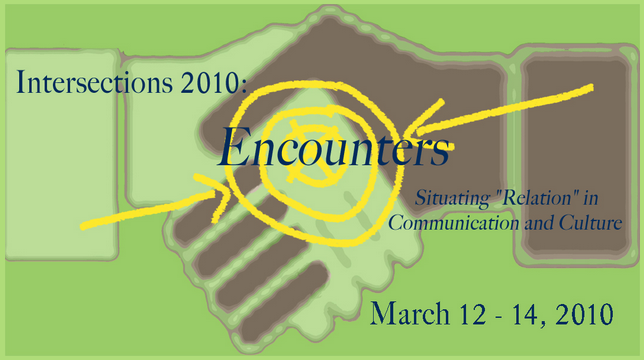Incorporeal Encounters and Affective Relationality in Krzysztof Kieslowski’s The Double Life of Véronique
DOI:
https://doi.org/10.25071/1718-4657.36560Abstract
In Krzysztof Kieslowski’s own words, his 1991 film, The Double Life of Véronique, is a “film …about sensibility, presentiments and relationships that are difficult to name, that are irrational ....[It’s about] something that doesn’t exist in the picture alone or in the music alone” (Stok 1993:34). This film, produced in Poland and France, along with his French-produced Three Colours Trilogy of the early 1990s, constitutes the final installment of this Polish-born director’s distinguished career. Over his thirty-year career of directing films and documentaries, Kieslowski repeatedly returned to a particular problematic to which most of his work, includingThe Double Life of Véronique, could be seen as a response. Set within a particular cultural andpolitical history of Europe, Kieslowski’s films sought to express a response to the problematic oflife, and its paradoxical, immanent and yet differential relationship with death, non-life or whatis other than human.Downloads
Published
2010-03-14
How to Cite
Derry, J. (2010). Incorporeal Encounters and Affective Relationality in Krzysztof Kieslowski’s The Double Life of Véronique. ETopia. https://doi.org/10.25071/1718-4657.36560
Issue
Section
Articles

